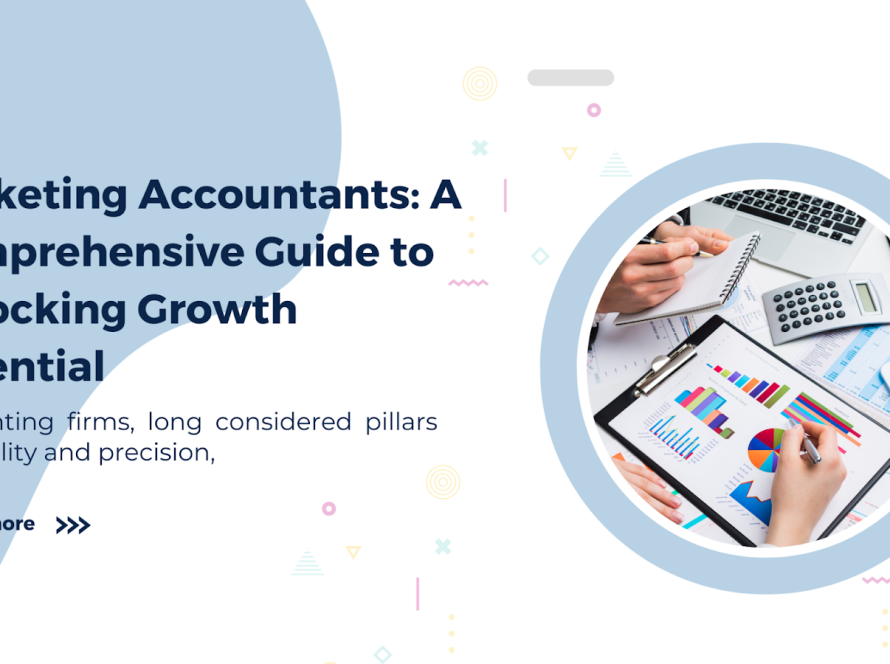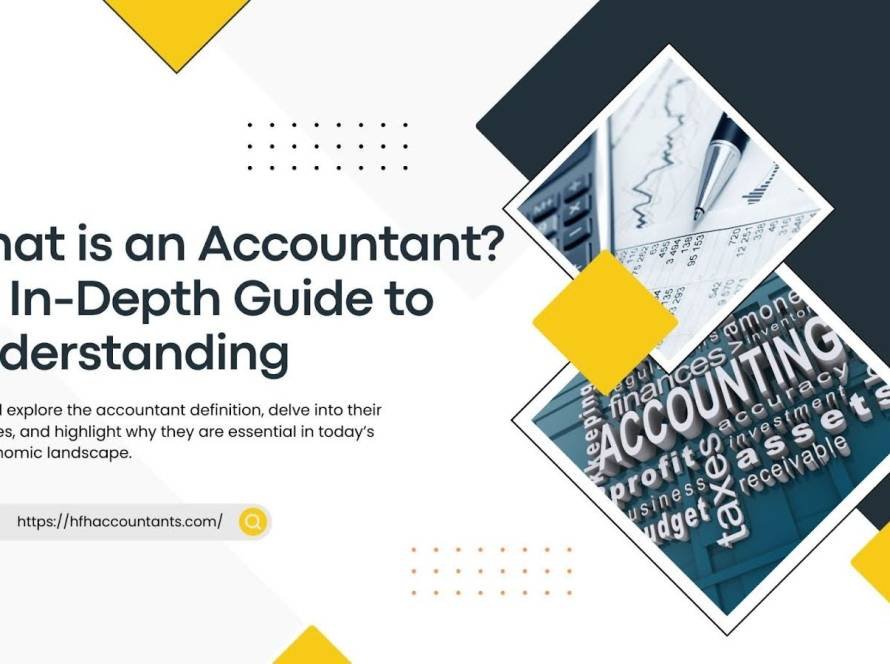Accounting is an essential function in every business, enabling organisations to manage finances effectively and comply with legal regulations. Understanding what an accountant does can guide aspiring professionals to excel in this field. In this article, we explore the roles and responsibilities of accountants, how to become one, and the skills they need to succeed.
What Does an Accountant Actually Do?
An accountant plays a crucial role in maintaining financial health and transparency for individuals, businesses, and organization’s. They prepare and examine financial records, ensure taxes are paid correctly, and offer advice for cost-saving and profitability. While accountants and bookkeepers share some similarities, they perform distinct roles. Bookkeepers primarily focus on recording financial transactions, whereas accountants analyze and interpret financial data to help businesses make informed decisions.

Key responsibilities of an accountant include:
- Preparing accurate financial statements and ensuring they comply with laws and regulations.
- Conducting audits and reconciling accounts to maintain financial accuracy.
- Preparing tax returns and ensuring timely tax payments.
- Analysing financial data to identify risks and opportunities.
- Offering strategic advice to enhance profitability and minimise costs.
- Managing budgets and forecasting future financial trends.
How Much Do Accountants Earn?

The average salary for accountants can vary based on factors such as qualifications, industry, and location. In the UK, accountants earn an average salary of £35,300 per year. Those with specialised certifications or experience in high-demand sectors can earn significantly more.
For more details, visit our homepage.
How to Become an Accountant
Becoming an accountant involves a blend of education, training, and certifications. Here’s a step-by-step guide:
1. Earn a Degree
Start with a bachelor’s degree in accounting, finance, or a related field. Many employers prefer candidates with advanced degrees, such as a Master’s in Accounting (MAcc) or a Master of Business Administration (MBA).
2. Gain Practical Experience
Participating in internships during your studies is a great way to gain hands-on experience. Internships allow you to develop practical skills, build professional networks, and understand industry operations.
3. Earn Certifications
Certifications validate your expertise and set you apart in the competitive job market. Common certifications include:
- Certified Public Accountant (CPA): Recognised globally, this certification demonstrates expertise in auditing and tax management.
- Certified Management Accountant (CMA): Ideal for those pursuing leadership roles like CFO or COO.
- Chartered Financial Analyst (CFA): Focused on investment management and corporate finance.
- Certified Internal Auditor (CIA): Specialised for auditing and risk management roles.
Skills Accountants Need to Succeed
To excel as an accountant, you’ll need a diverse skill set.

- Attention to Detail: Accuracy is critical when working with financial data to avoid costly errors.
- Analytical Skills: Ability to interpret complex data and identify patterns for strategic decisions.
- Business Acumen: Understanding the core aspects of business operations.
- Communication Skills: Presenting financial findings clearly to stakeholders.
- Time Management: Managing multiple projects and meeting deadlines efficiently.
- Digital Literacy: Proficiency with accounting software and tools like QuickBooks, SAP, and Excel.
Why Are Accountants Important?
Accountants ensure financial stability and compliance, making them indispensable to businesses. They help organisations navigate challenges like taxation, budgeting, and financial forecasting, empowering them to make sound decisions and achieve long-term growth.
Accountants are vital to the success of individuals and organisations, serving as financial advisors, problem-solvers, and compliance experts. Their work ensures that businesses operate smoothly, make informed decisions, and meet regulatory requirements. By developing the right skills, gaining experience, and earning certifications, you can build a successful and rewarding career in accounting.
Start Your Accounting Journey?
Take the first step by exploring degree options, applying for internships, or pursuing certifications to boost your qualifications. For more career advice and insights, visit our homepage or check out our related articles!




